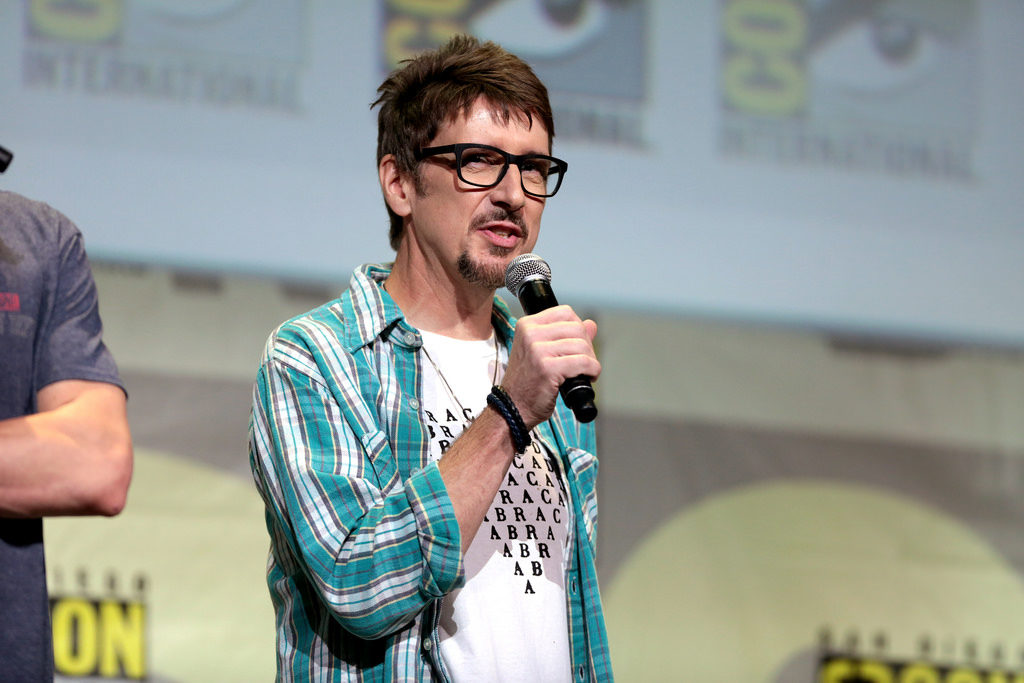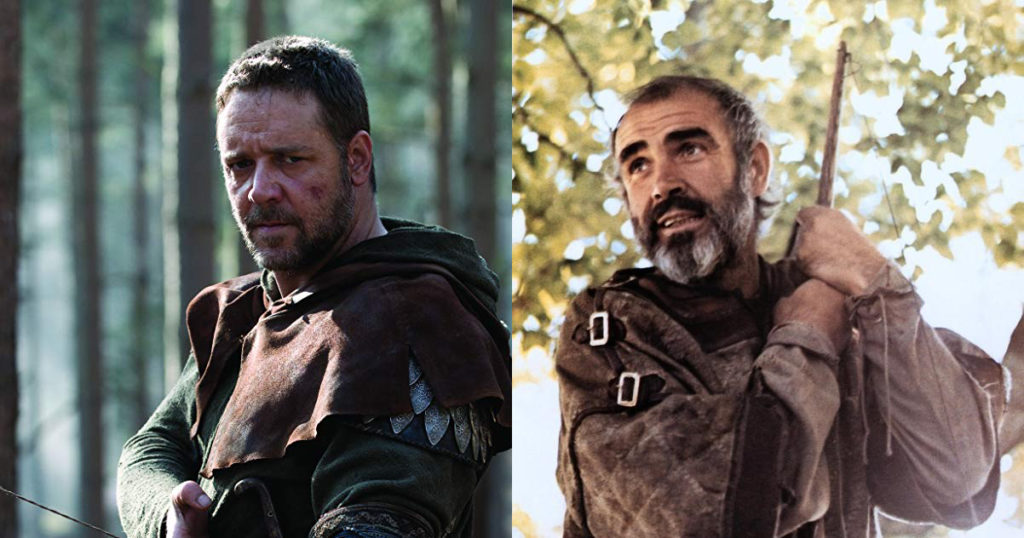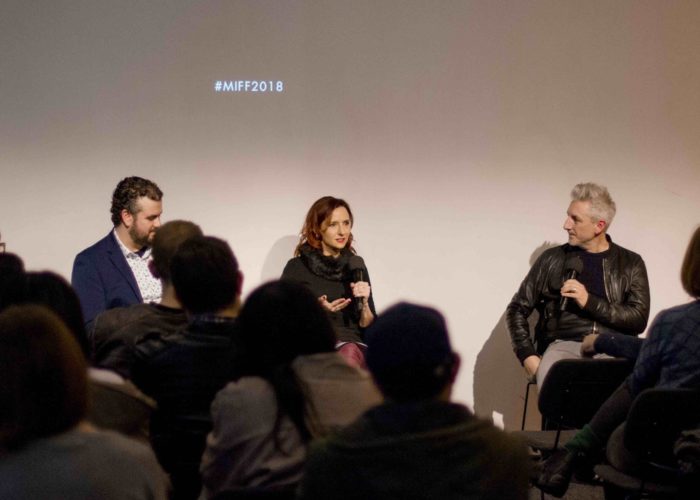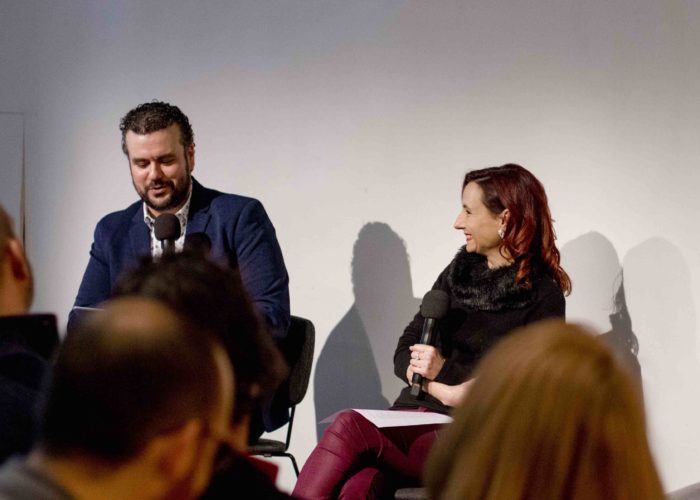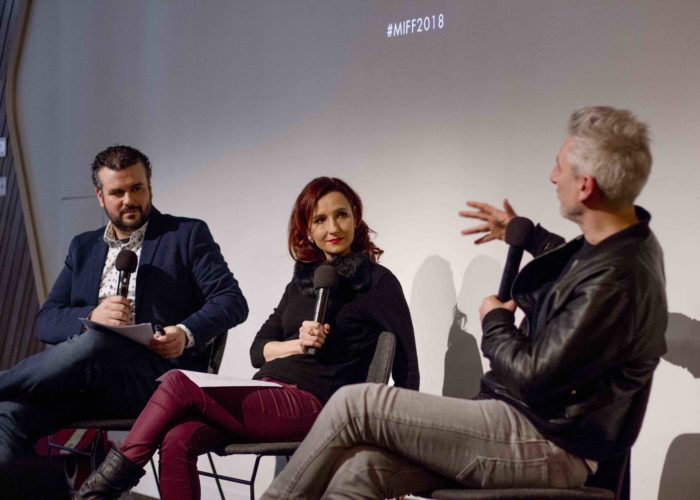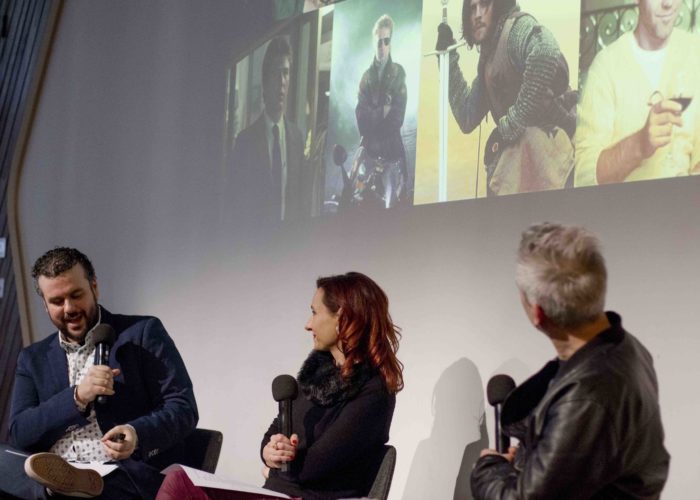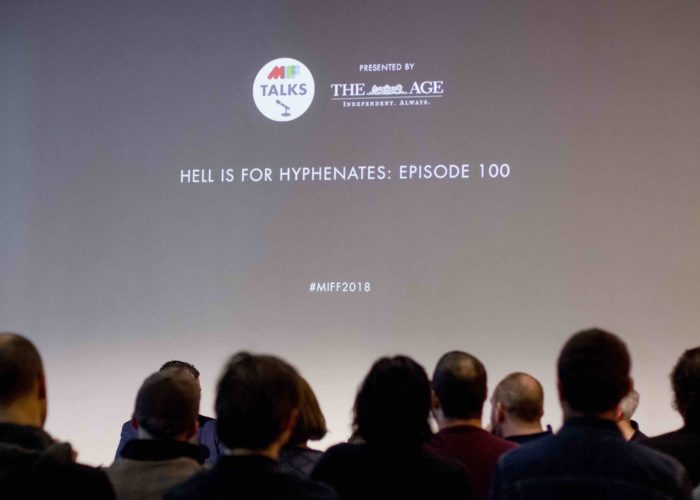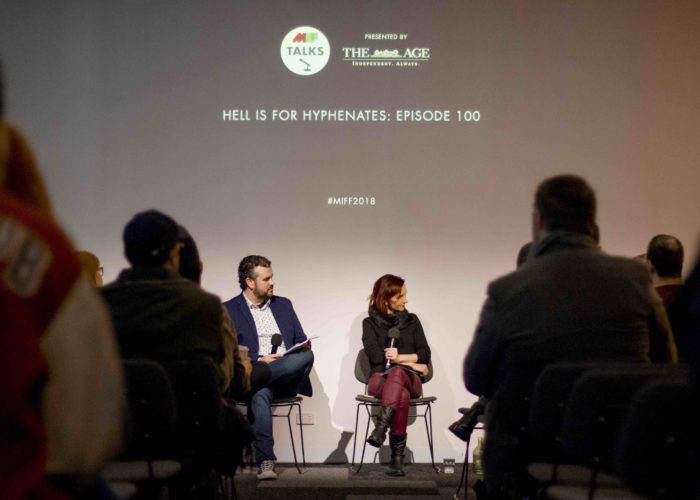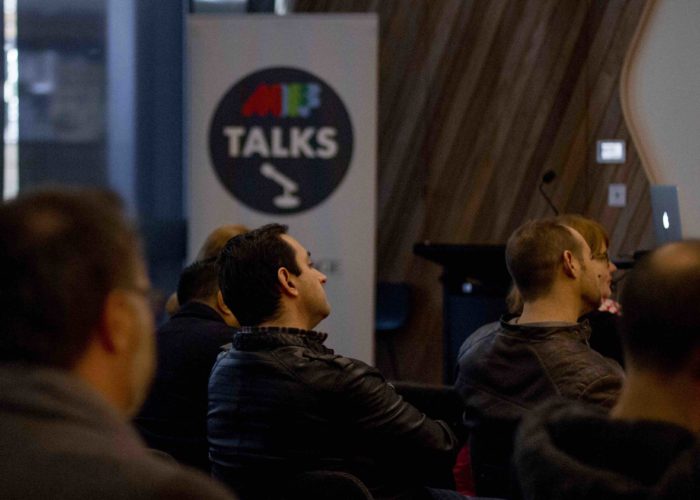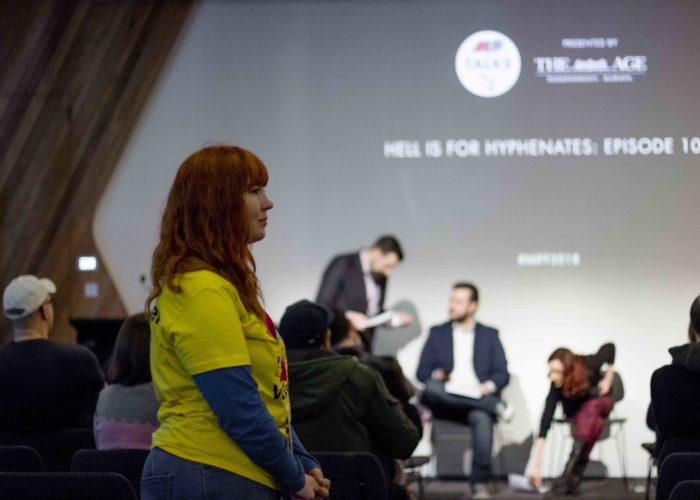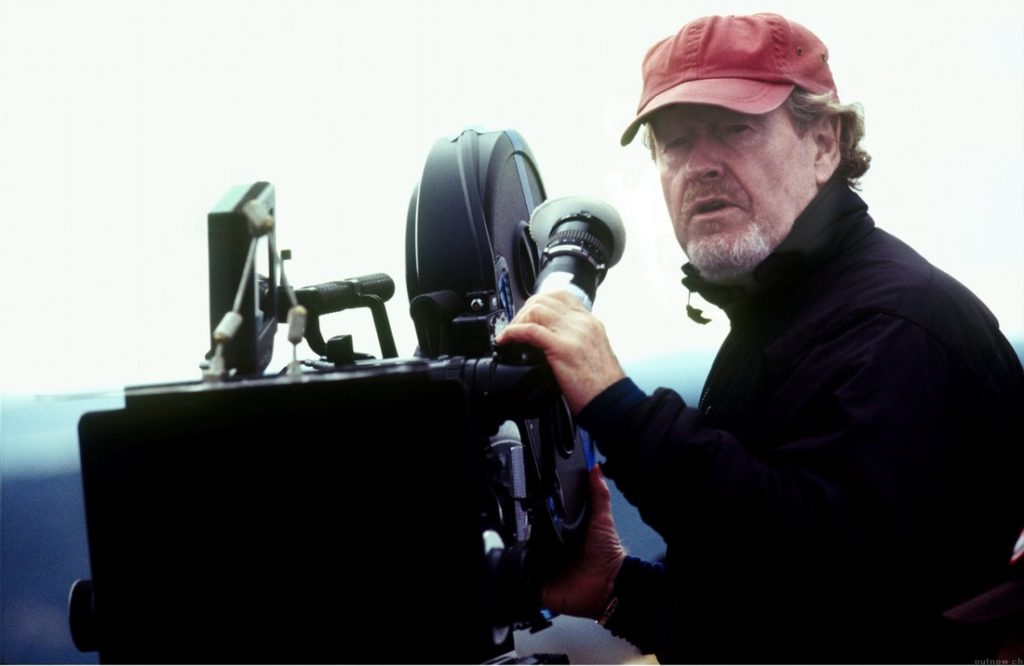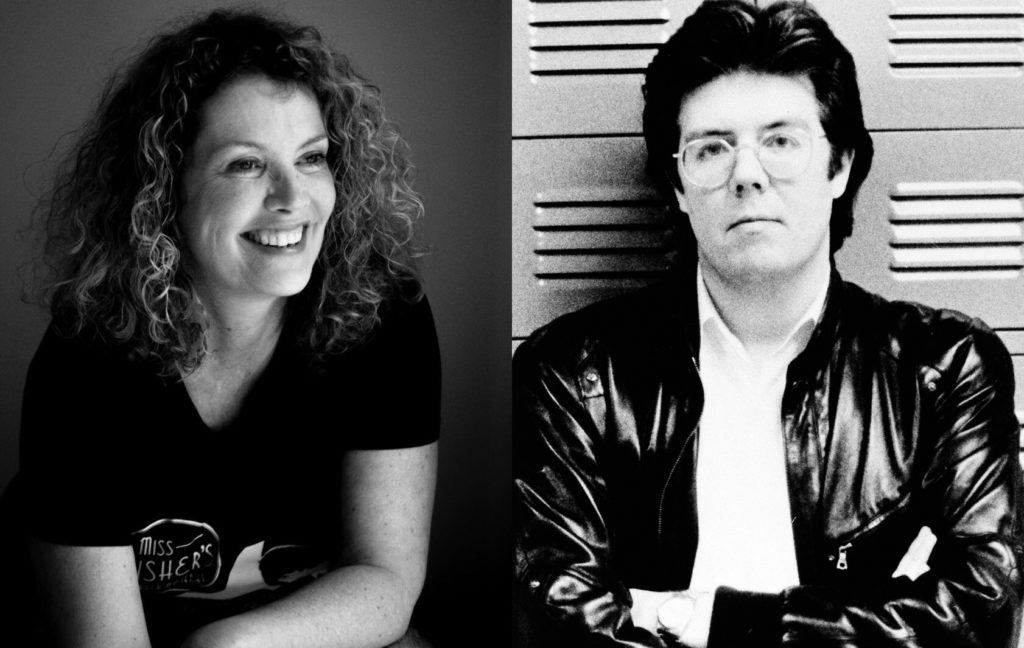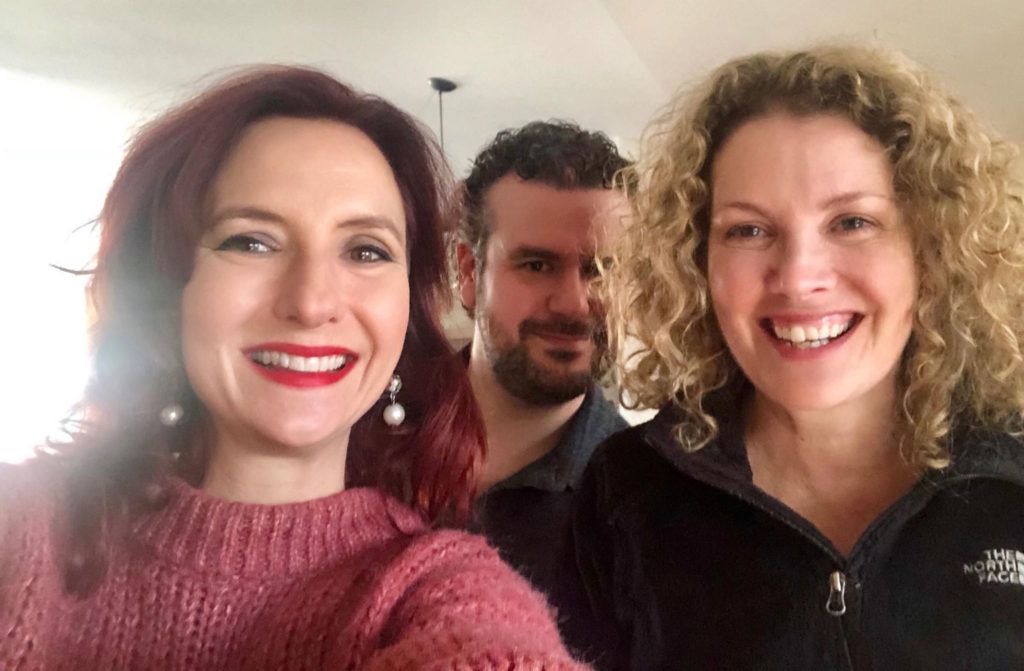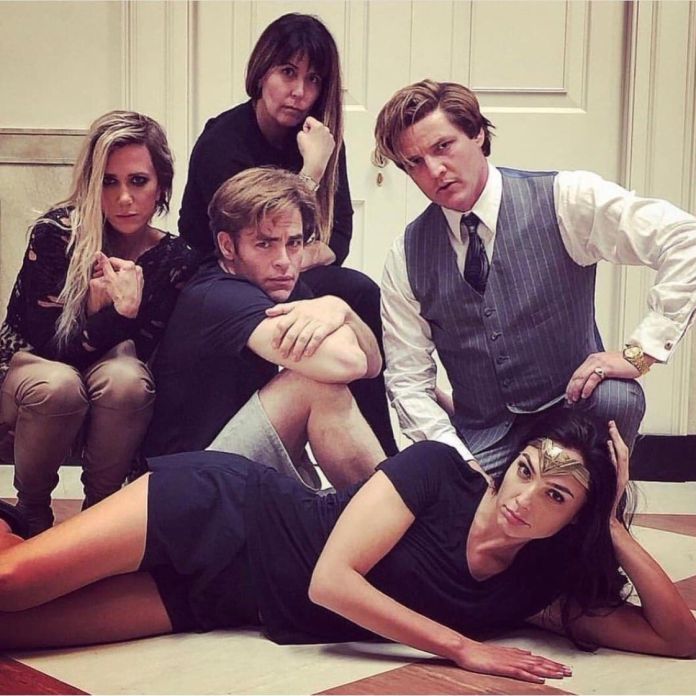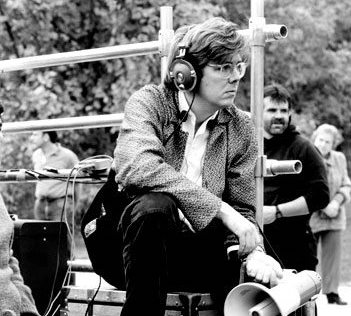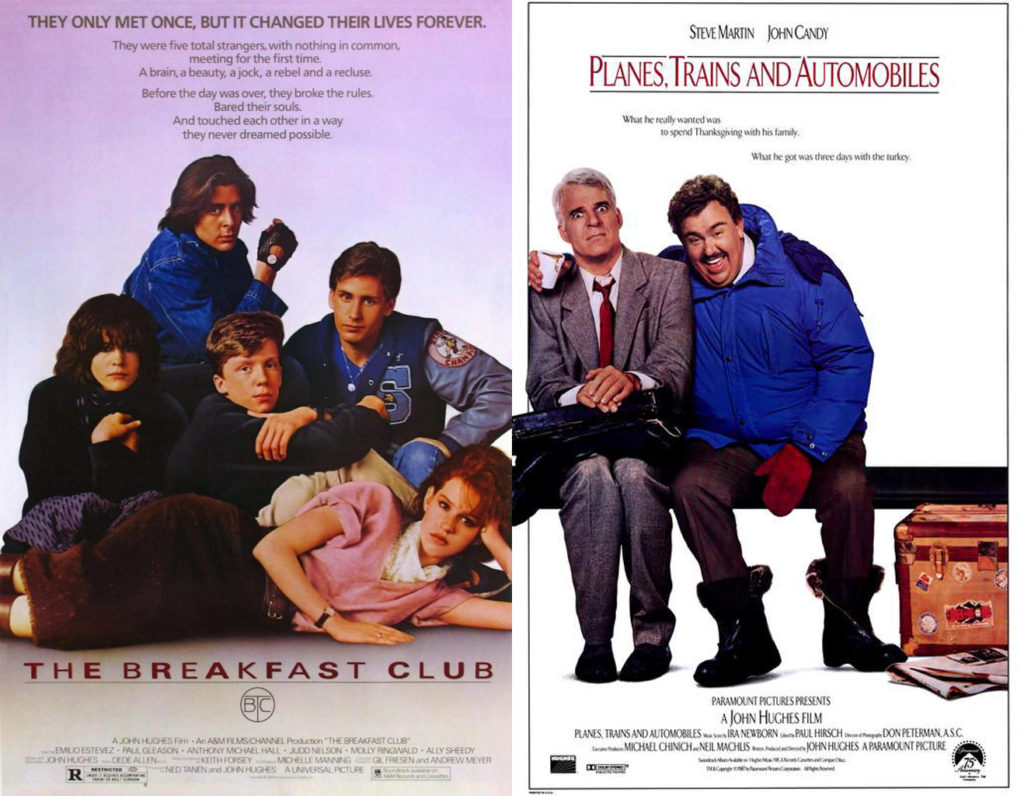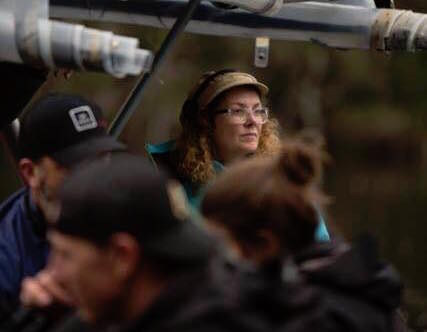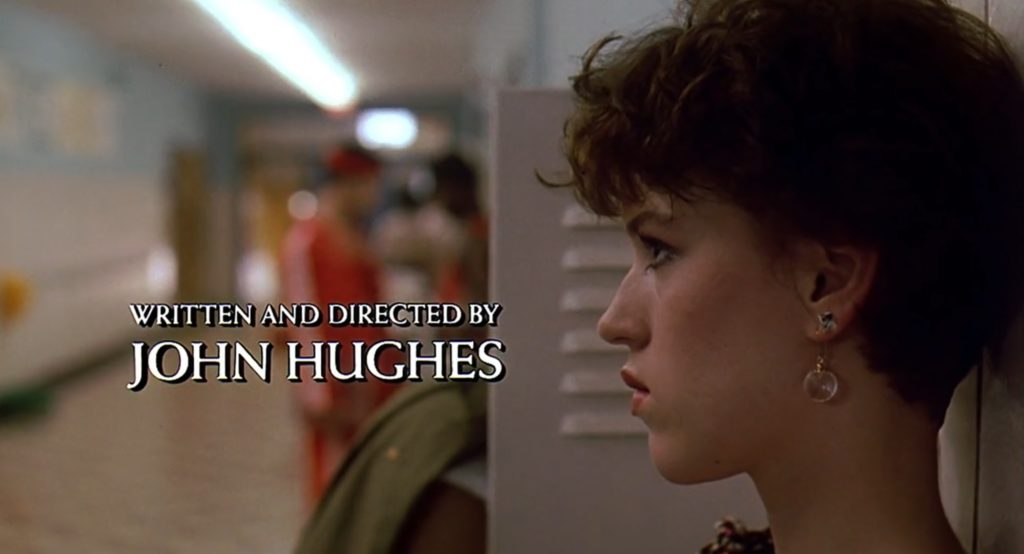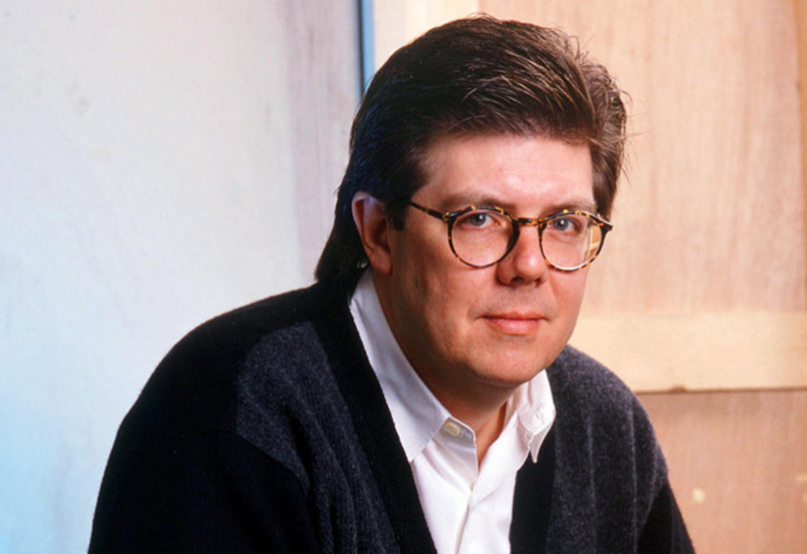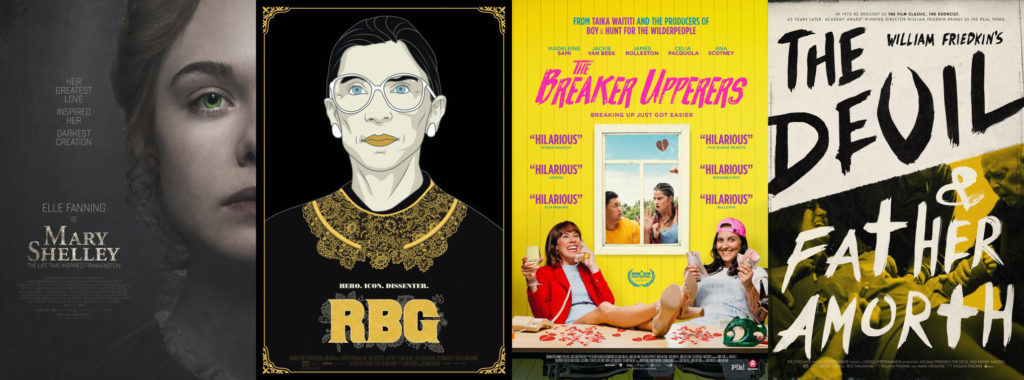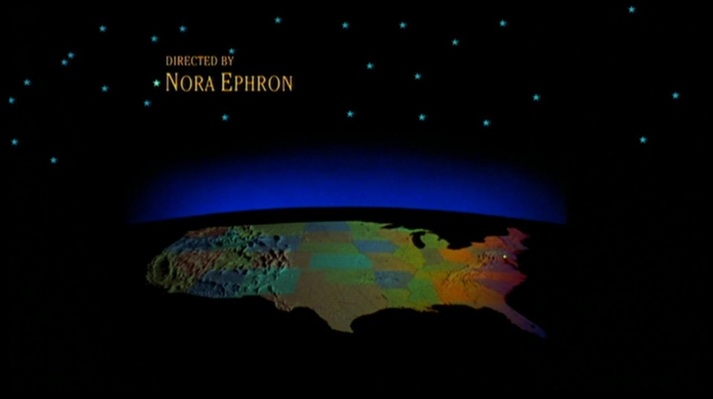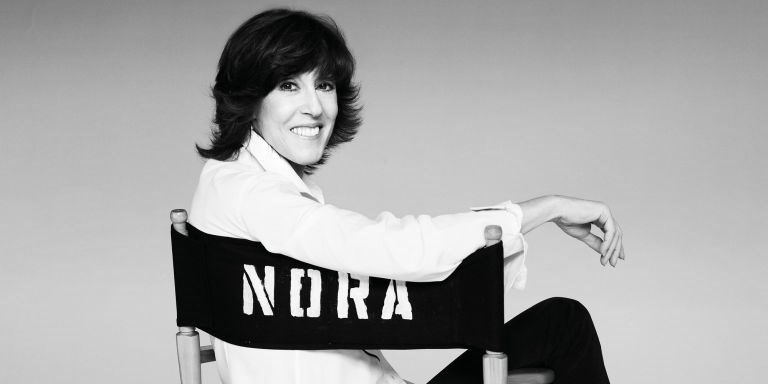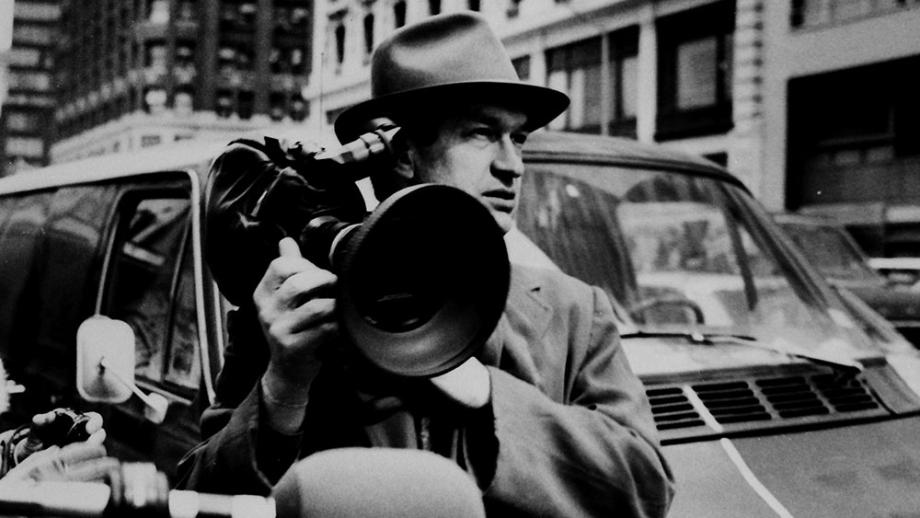
Want to become an instant expert in our filmmaker of the month without committing yourself to an entire filmography? Then you need the Hell Is For Hyphenates Cheat Sheet: we program you a double feature that will not only make for a great evening's viewing, but will bring you suitably up-to-speed before our next episode lands…

WINGS OF DESIRE (1987) and BUENA VISTA SOCIAL CLUB (1999)
For a filmmaker with so many poetic, poignant films in his canon, Wim Wenders hit his apotheosis with the wistful Wings of Desire, in which angels plaintively and invisibly observe humanity, moving imperceptibly through private and public spaces, overhearing thoughts and watching private moments. It's one of those true modern classic, a film you want to swim in forever. But Wenders isn't just a master dramatist; he's also an accomplished documentarian. His best-known documentary is easily Buena Vista Social Club, the film that exploded into cinemas at the turn of the century and ensured that no subsequent story of Cuba would fail to be accompanied by the group's iconic “Chan Chanâ€. But Wenders applies the same gentle touch to Buena Vista that he did to Wings, observing the musicians like one of his trenchcoated angels observing the citizens of Berlin. These films are a world apart, stylistically and geographically, but together will give you a good primer on what makes Wenders such an exciting and beloved filmmaker.
Substitutions: If you can't get or have already seen Wings of Desire, seek out Paris, Texas (1984). Widely considered the other filmography-defining in the Wenders canon, the film is the stark and beautiful culmination of the director's preoccupation with the narrative and character propulsions afforded by the conceit of a road trip. If you can't get or have already seen Buena Vista Social Club, get your hands on The Salt of the Earth (2014). For a director who loves observing the observers, this may as well have been a film about himself. Brazilian photographer Sebastião Salgado is the subject, and along with Salgado's son Juliano, Wenders tells a captivating, eminently rewatchable story about a man who has spent his life chronicling the extraordinary world of humanity and nature.
The Hidden Gem: Want to see something off the beaten path, a title rarely mentioned when people talk about the films of Wim Wenders? Then you should track down A Trick of the Light (1995). Few filmographies are as peppered with as many hidden gems as this one, so it was difficult to settle on just one. But Trick, also known as Brothers Skladanowsky, is one of the more delightfully idiosyncratic documentaries, blending real footage with staged recreations in a way that never fails to surprise and delight. Many countries have a folkloric “we actually invented cinema first†history, and this story of the German brothers who were narrowly beaten to the moving image finish line by France's Lumières is one every cinephile needs to see.
The next episode of Hell Is For Hyphenates, featuring Scott Derrickson talking the films of Wim Wenders, will be released on 31 October 2018.

